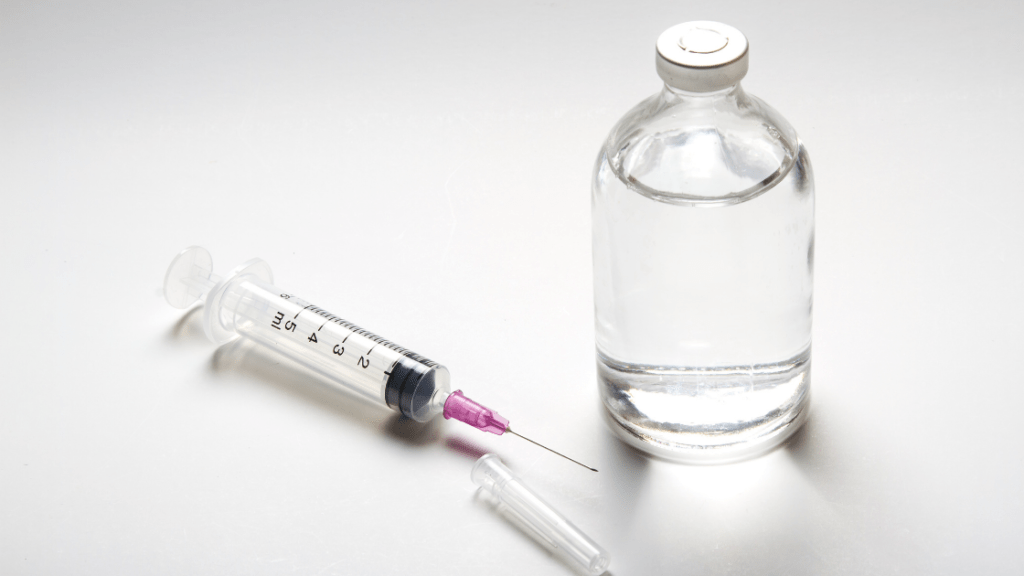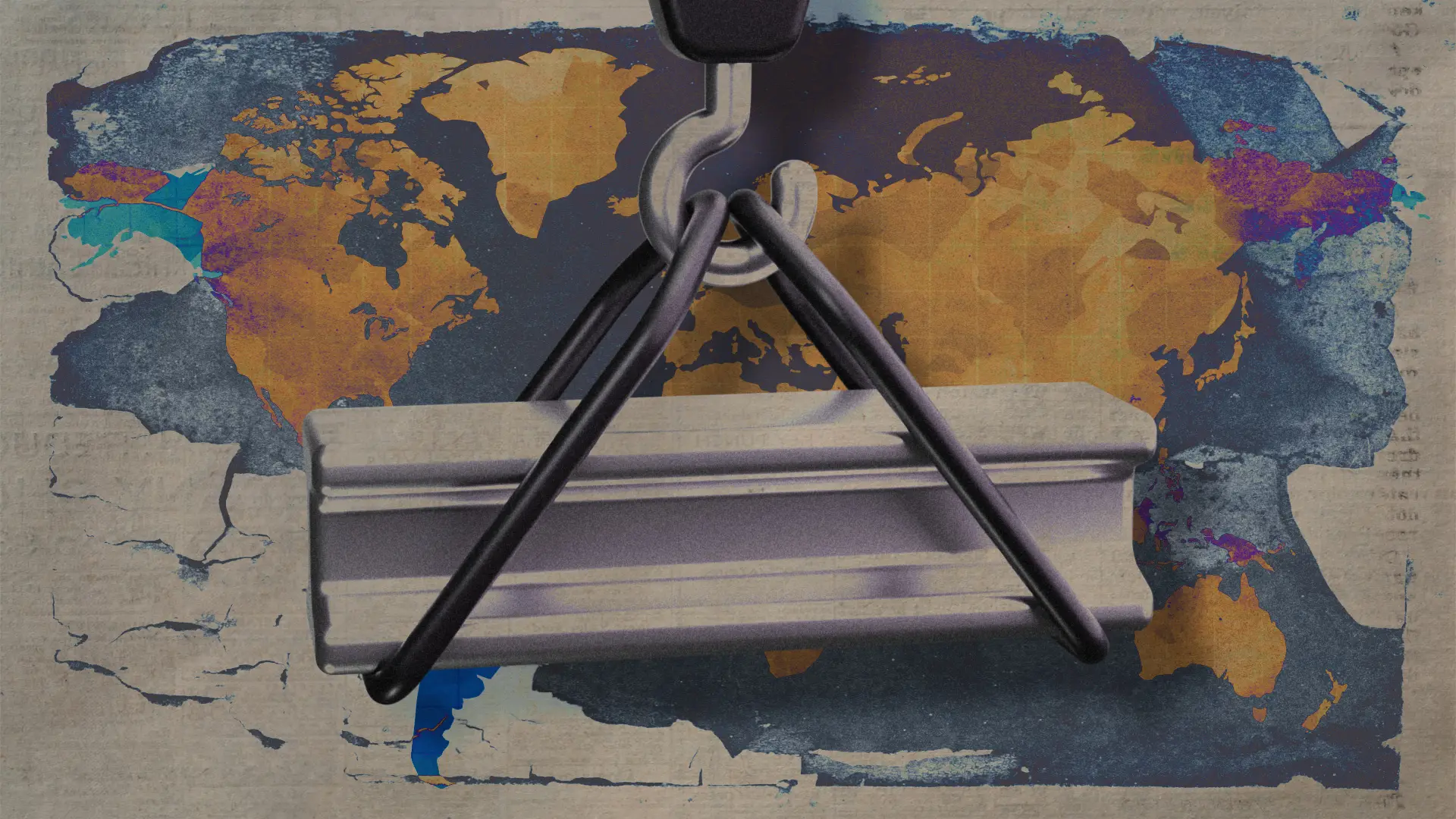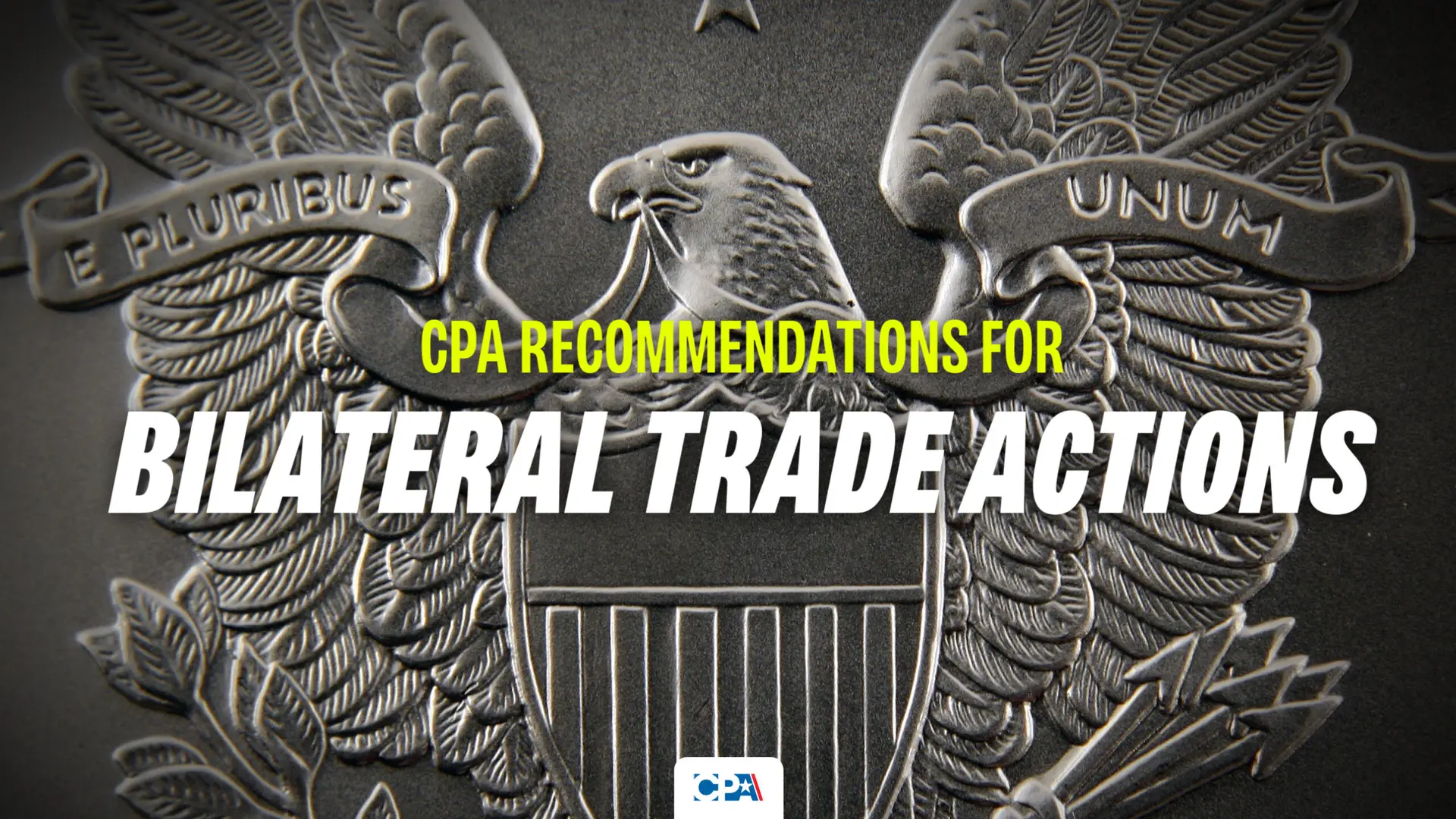CPA’s report, titled “Generic Drug Shortages and How a Race to the Bottom in Price has Upended 30 years of Hatch-Waxman,” details how a loophole in the Hatch-Waxman Act has led to generic drug shortages in the U.S., offshoring of America’s domestic production of generic pharmaceuticals to China and India, and price gouging by foreign companies in the U.S. The report documents specific generic medicines and foreign companies that have slashed prices or acquired their American competitors to gain a monopoly over the production of one drug, only to gouge U.S. patients by raising prices as much as 2,000 percent once they eliminate their competition.
Read CPA’s press release here.
Key Findings:
- The unfortunate reality is that the hollowing out of America’s public health industrial base is largely a result of a loophole in the Hatch-Waxman Act, a 1984 law designed specifically to create more competition in the generic drug market. While the law rolled back some regulatory barriers in order to make it easier for new companies to enter the market, the law’s original intent was never to create a race to the bottom that forced companies to cut corners in order to manufacture drugs for less than the price of a cup of coffee in order to remain competitive. This loophole has been exacerbated and actually eliminated competition in certain cases – leading to these problems.
- The U.S. is reliant on imports for at least two-thirds of its generic medicines, and nearly 90 percent of generic Active Pharmaceutical Ingredient (API) facilities are overseas. The majority of those supply chains run through China and, to a lesser extent, India, leaving Americans in a vulnerable position.
- Nearly half of all generic pharmaceuticals on the Food and Drug Administration’s (FDA) newly created essential medicines list appear in some form on the FDA’s drug shortage list.
- Reliance on foreign manufacturers, particularly those in China and India where manufacturing quality and oversight standards are poor, has proven to be a major factor in causing shortages.
- The FDA itself notes that two-thirds of drug shortages are caused by quality issues, and China and India have established themselves as world leaders when it comes to evading FDA regulations and getting deadly, ineffective drugs to American patients.
- Restricting imports from these manufacturers will likely lead to a drug shortage; failing to do so will embolden the manufacturers to continue selling substandard, unsafe products that can potentially kill American patients.
- Foreign manufacturers have a long history of slashing prices or acquiring their American competitors to gain a monopoly over the production of one drug, only to gouge customers by raising prices as much as 2,000 percent once they eliminate their competition
Policy Recommendations:
- The U.S. government must create a reliable source of demand for domestic manufacturers.
- The U.S. government must use trade remedies to defend domestic manufacturers from predatory policies by foreign governments and manufacturers.
- Because America’s pharmaceutical industrial base has been so thoroughly depleted, there needs to be some direct financial support to re-establish America as a global pharmaceutical manufacturing leader.













